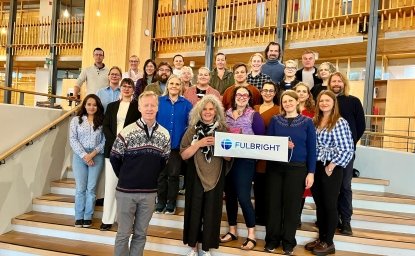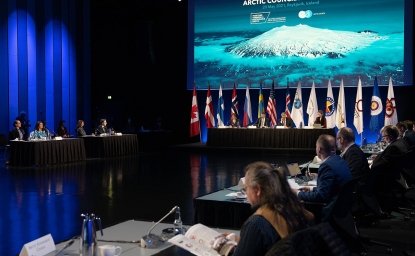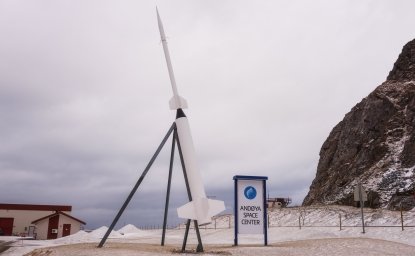Empty Nets: Big Changes in a Great American Fishery
The Wilson Center’s Polar Institute is launching a special series focused on the crisis facing Alaska’s fisheries.
The Wilson Center’s Polar Institute is launching a special series focused on the crisis facing Alaska’s fisheries.
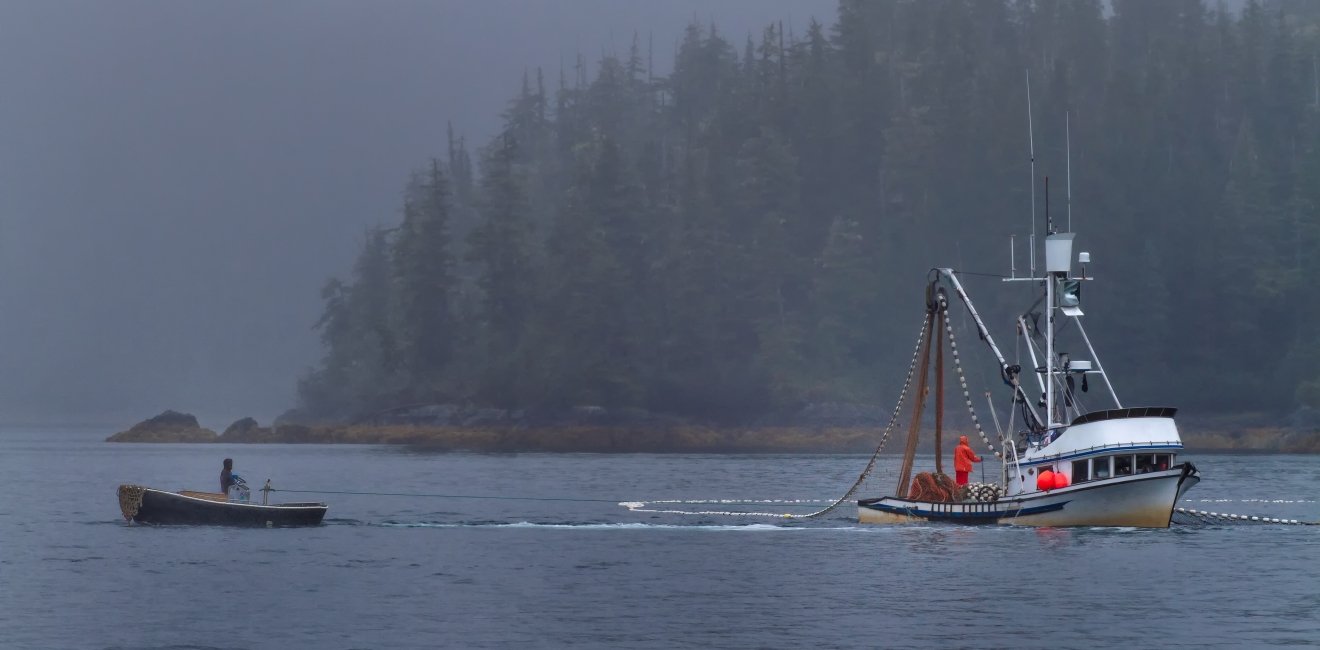
The Wilson Center’s Polar Institute is launching a special series focused on the crisis in Alaska’s fisheries. These fisheries are a critical resource, providing livelihoods for thousands of Alaskans, supplying a significant portion of the world’s seafood, and playing a vital role in the state's economy and many communities’ cultural heritage. The scale of change and its rapid onset are wracking communities, industries, and management bodies, with some fisheries crashing and others thriving amid uncertain causes.
Understanding and addressing this complex crisis will require informed, cooperative solutions—solutions that consider the unique needs and perspectives of the people who depend on these fisheries.
This project explores the future of Alaska’s fisheries through a series of videos and a collection of blog posts, featuring insights and experiences from scientists, managers, fishers, and community members. Together, these voices shed light on the challenges and opportunities facing Alaska’s fisheries and highlight pathways to sustainable solutions.
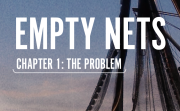
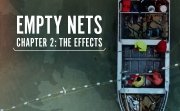
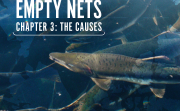

Since its inception in 2017, the Polar Institute has become a premier forum for discussion and policy analysis of Arctic and Antarctic issues, and is known in Washington, DC and elsewhere as the Arctic Public Square. The Institute holistically studies the central policy issues facing these regions—with an emphasis on Arctic governance, climate change, economic development, scientific research, security, and Indigenous communities—and communicates trusted analysis to policymakers and other stakeholders. Read more

